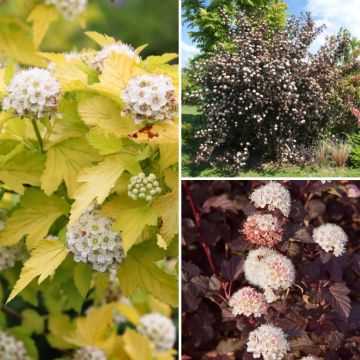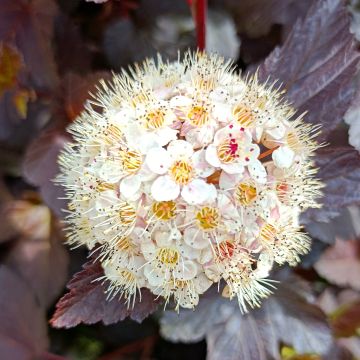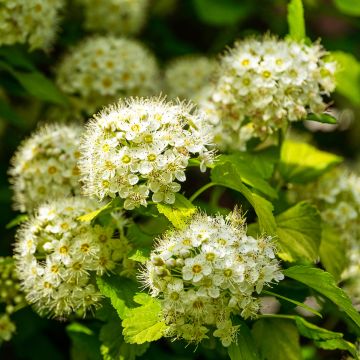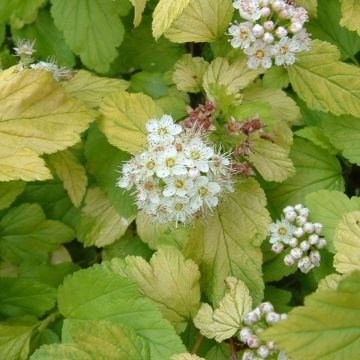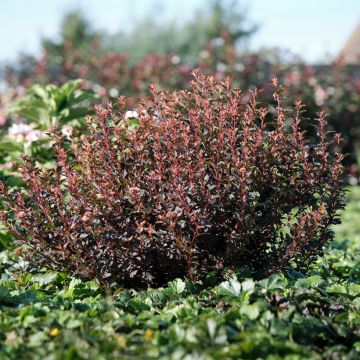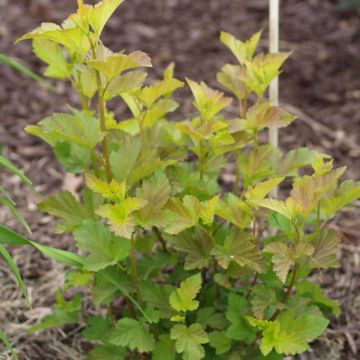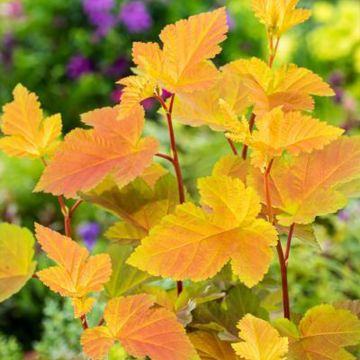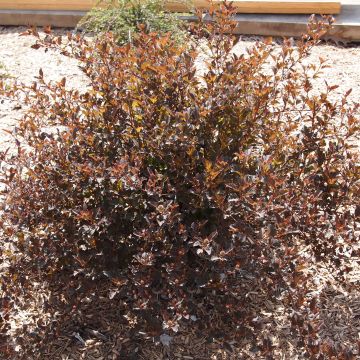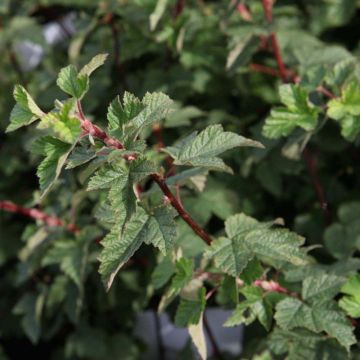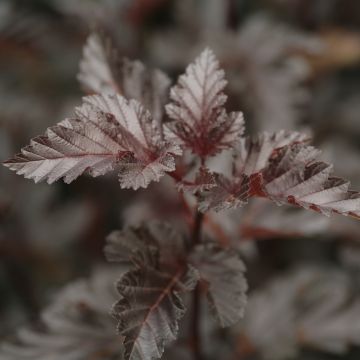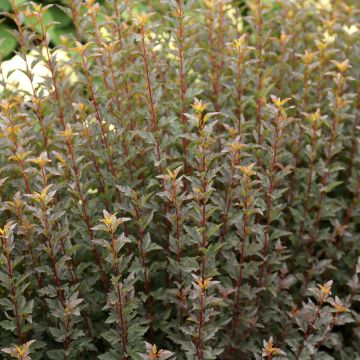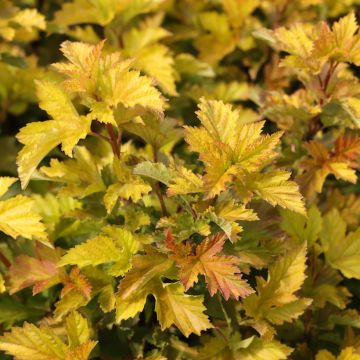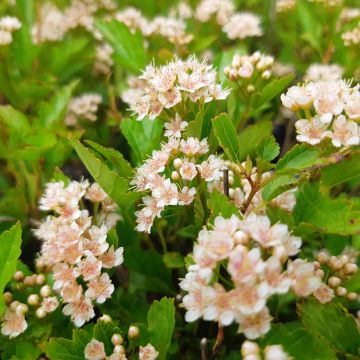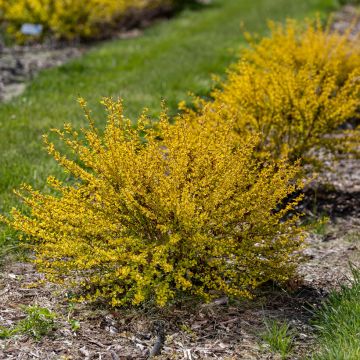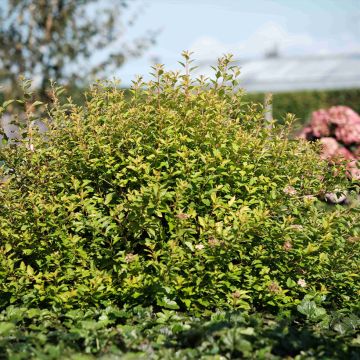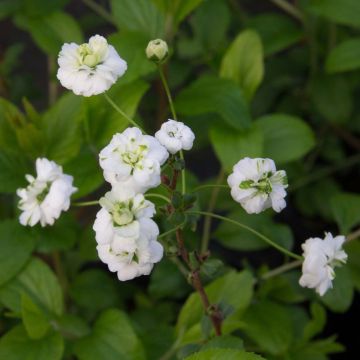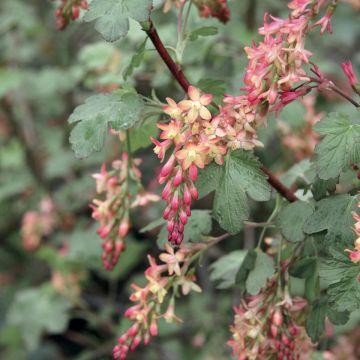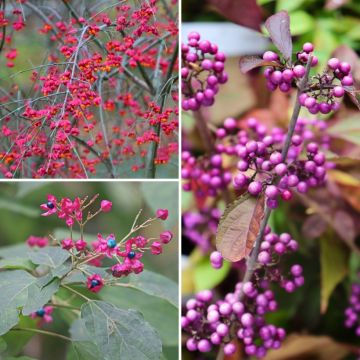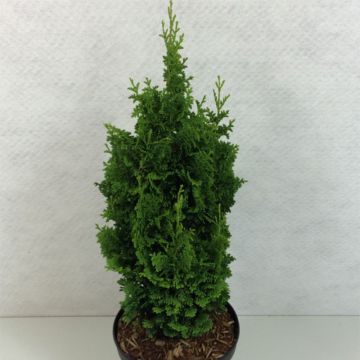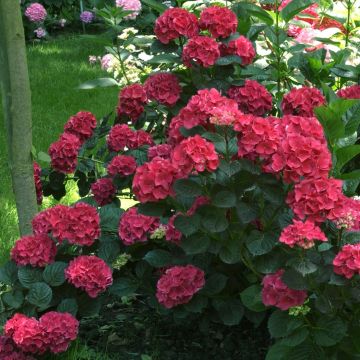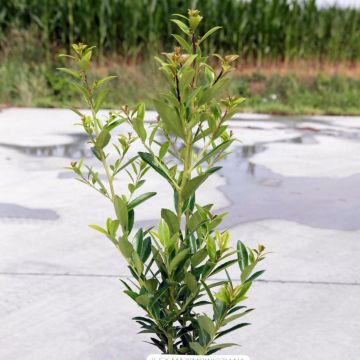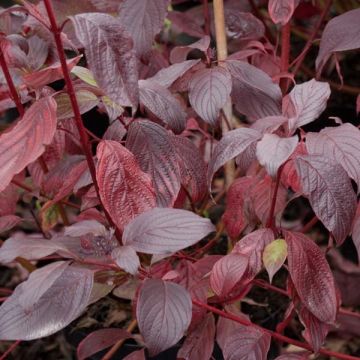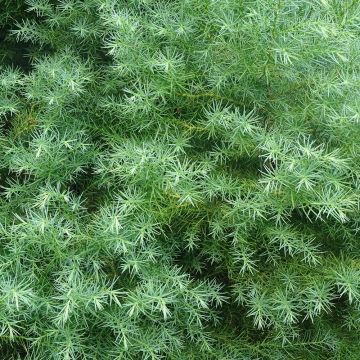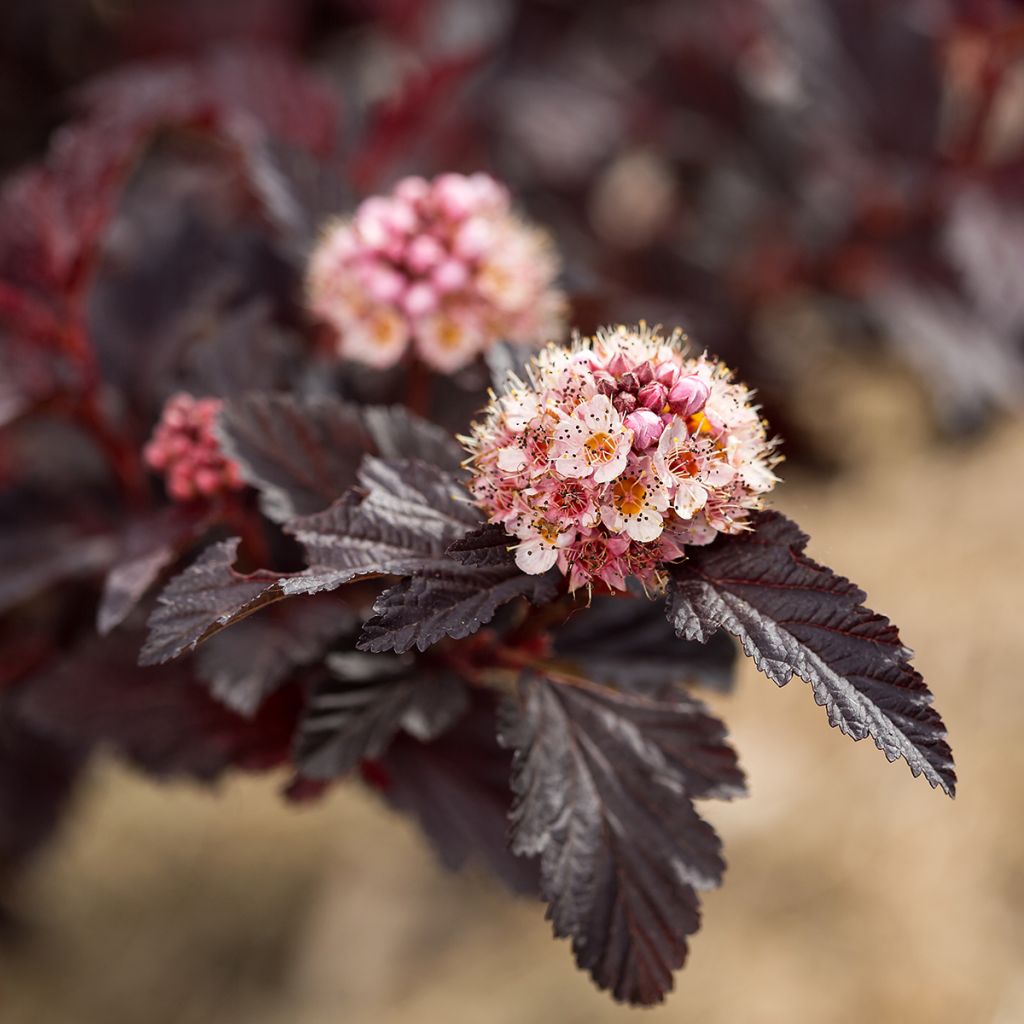

Physocarpus opulifolius Fireside 'UMN Harpell' First Editions® - Ninebark
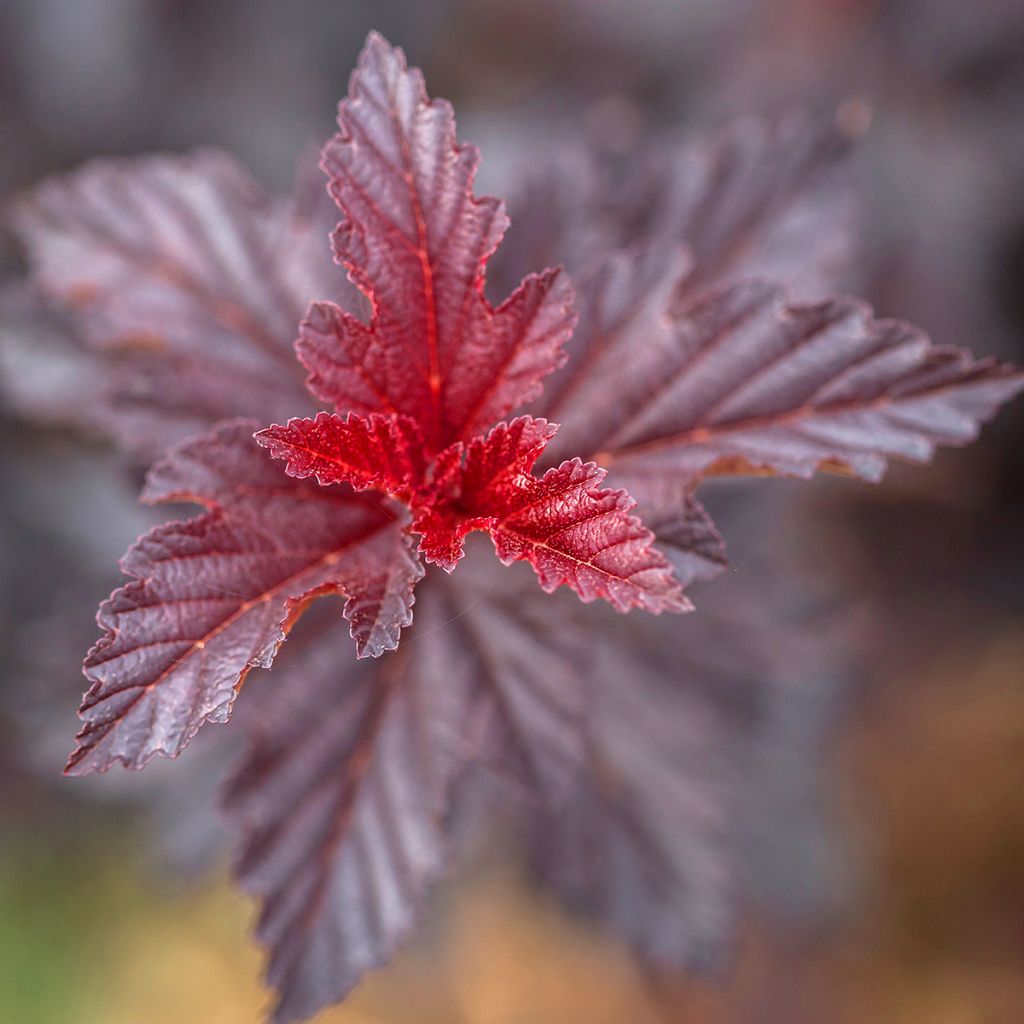

Physocarpus opulifolius Fireside 'UMN Harpell' First Editions® - Ninebark
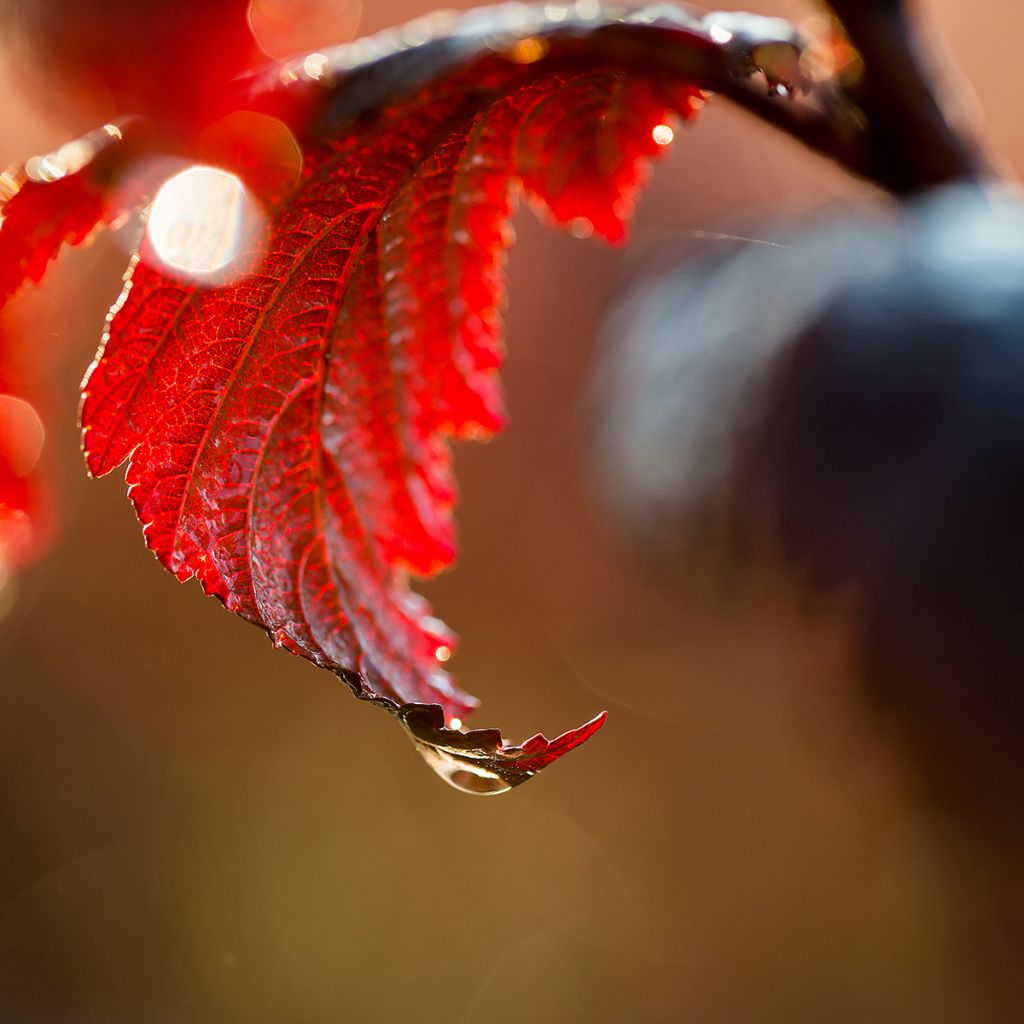

Physocarpus opulifolius Fireside 'UMN Harpell' First Editions® - Ninebark
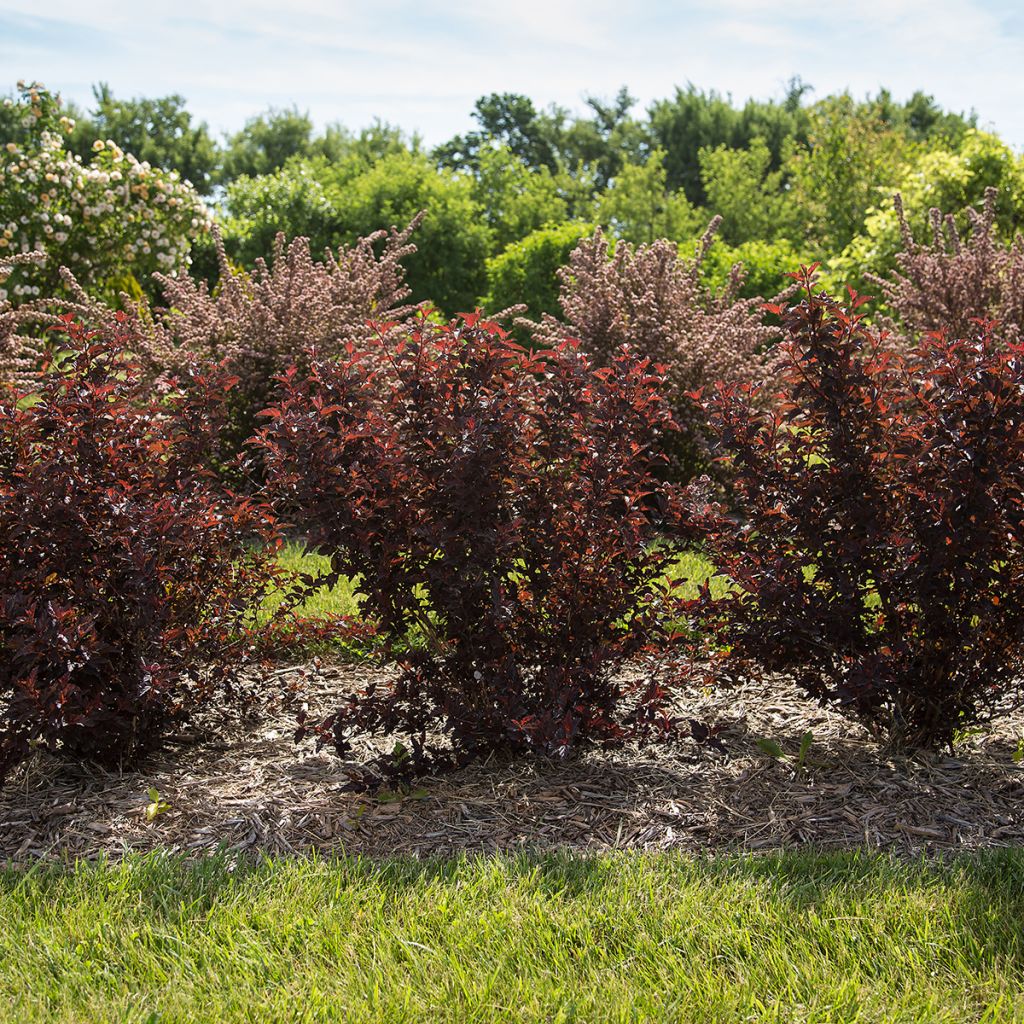

Physocarpus opulifolius Fireside 'UMN Harpell' First Editions® - Ninebark
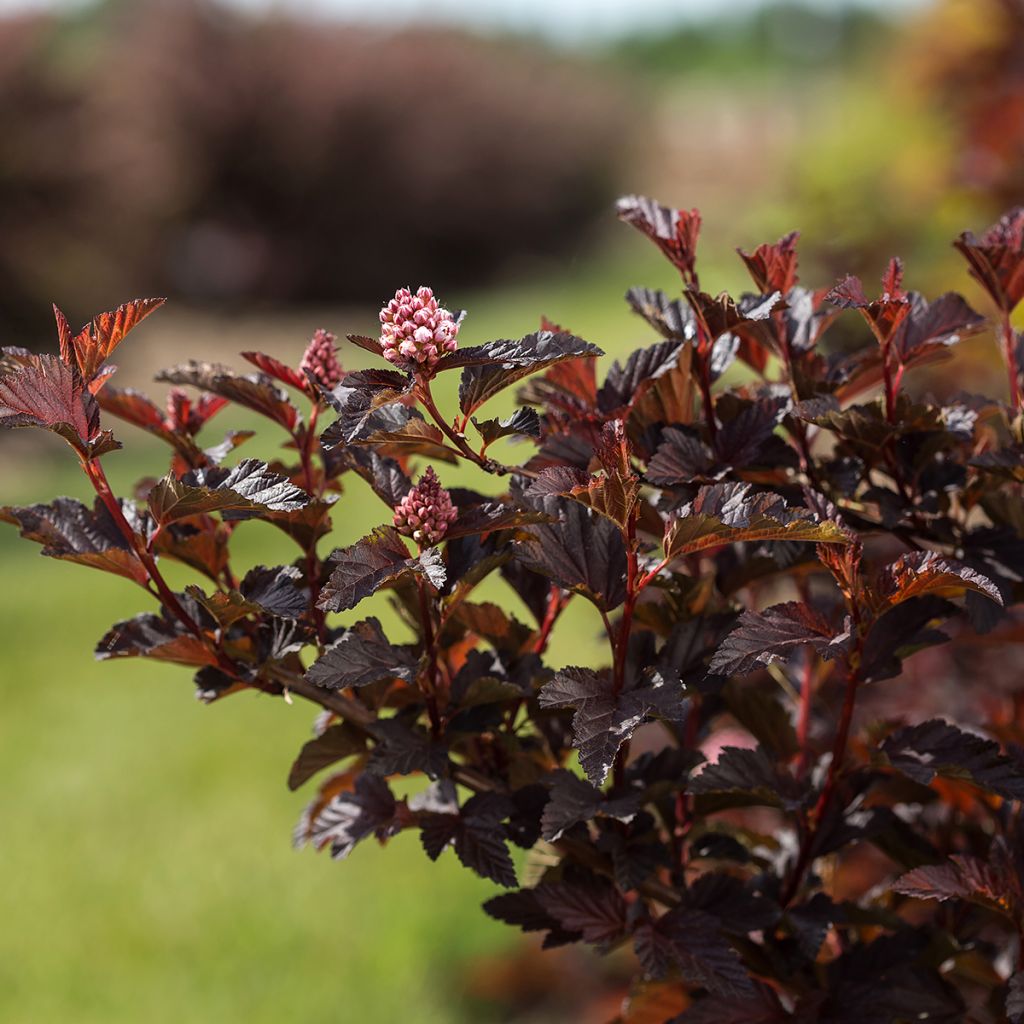

Physocarpus opulifolius Fireside 'UMN Harpell' First Editions® - Ninebark
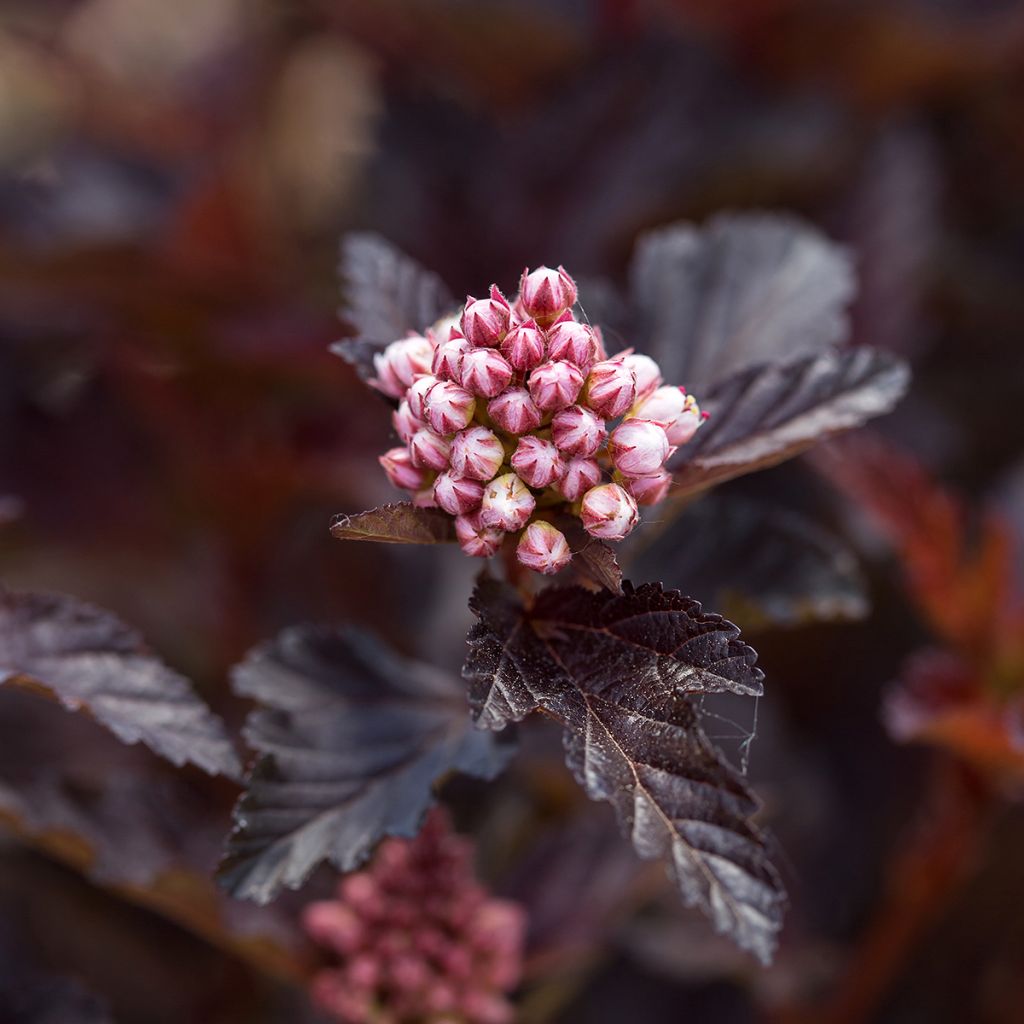

Physocarpus opulifolius Fireside 'UMN Harpell' First Editions® - Ninebark
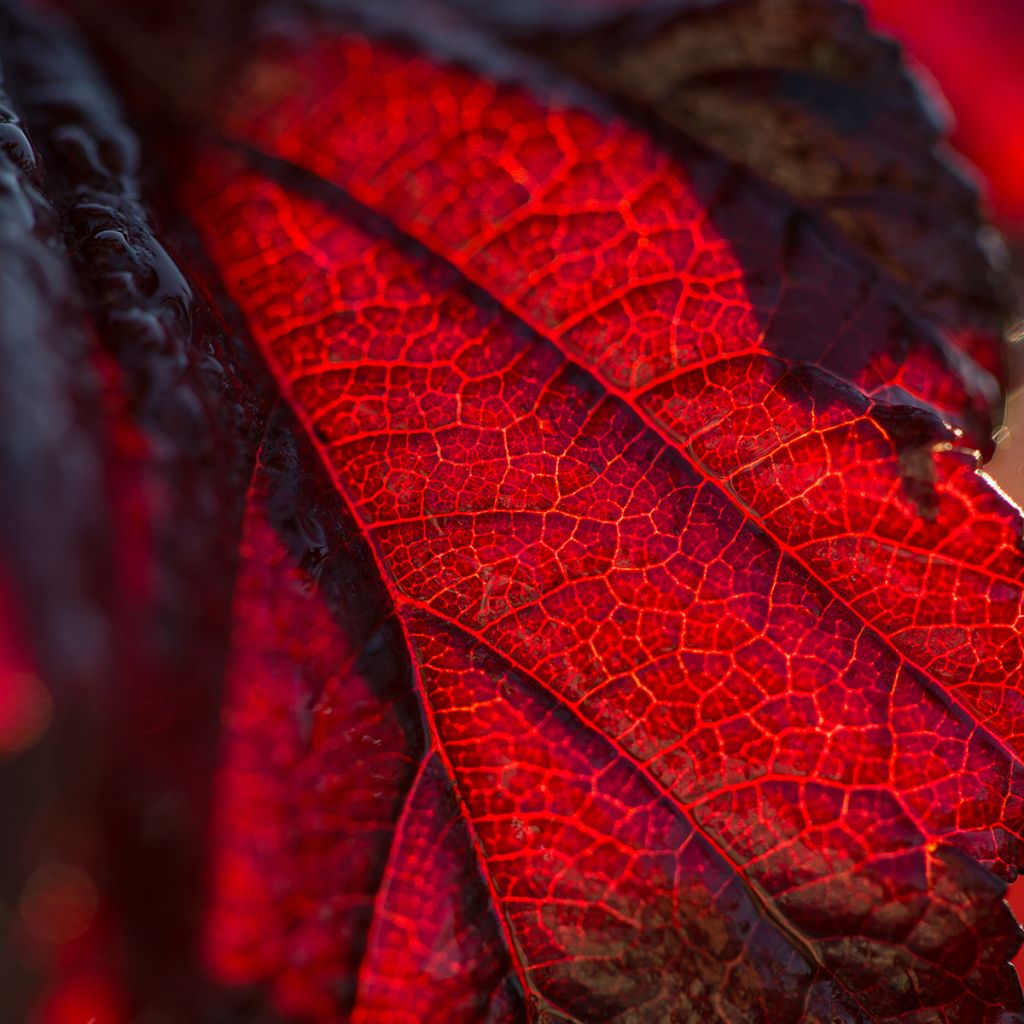

Physocarpus opulifolius Fireside 'UMN Harpell' First Editions® - Ninebark
Physocarpus opulifolius Fireside 'UMN Harpell' First Editions® - Ninebark
Physocarpus opulifolius Fireside 'UMN Harpell' First Editions®
Ninebark, Eastern ninebark
Special offer!
Receive a €20 voucher for any order over €90 (excluding delivery costs, credit notes, and plastic-free options)!
1- Add your favorite plants to your cart.
2- Once you have reached €90, confirm your order (you can even choose the delivery date!).
3- As soon as your order is shipped, you will receive an email containing your voucher code, valid for 3 months (90 days).
Your voucher is unique and can only be used once, for any order with a minimum value of €20, excluding delivery costs.
Can be combined with other current offers, non-divisible and non-refundable.
Why not try an alternative variety in stock?
View all →This plant carries a 24 months recovery warranty
More information
We guarantee the quality of our plants for a full growing cycle, and will replace at our expense any plant that fails to recover under normal climatic and planting conditions.
Would this plant suit my garden?
Set up your Plantfit profile →
Description
The Physocarpus opulifolius Fireside First Editions, with its cultivar name 'UMN Harpell', is a variety of Ninebark whose dark foliage retains its intense colour throughout the season, even in hot climates. Its spring shoots are tinged with red and become dark red-purple when mature. The plant is resistant to powdery mildew. The white-pink flowers bloom in spring and the foliage turns dark purple in autumn. Finally, this variety has an upright and rounded habit. Hardy, it adapts to almost all soils, from acidic to moderately chalky, moist to not too dry, in full sun or partial shade.
The Physocarpus opulifolius belongs to the large and important Rosaceae family, which gives us so many ornamental species (Roses of course, but also Photinia, Cotoneaster, Amelanchier...) as well as most of our temperate climate fruit trees (Pear tree, Apple tree, Cherry tree, Peach tree, Apricot tree, Plum tree...). This Ninebark is a species native to the eastern United States, up to Quebec (where it is known by the lovely name of "wood with 7 barks") and Manitoba. It forms a fairly large shrub of about 3 m in all directions, with lobed leaves reminiscent of those of the Guelder Rose (Viburnum opulus, hence the species name of this Physocarpus opulifolius). This ornamental species was introduced to Europe in the late seventeenth century, but it is only in recent years, with the development of numerous cultivars, that it has become widespread in our gardens.
The Fireside Ninebark is a recent introduction from the United States by First Editions, which offers a selection of "premium" plants with excellent performance. This charming shrub was selected for its exceptional dark red-purple foliage. With its well-marked lobes and exceptional dark colour, the leaves reflect light like a body of water. This beautiful foliage is adorned in June-July with a beautiful white-pink flowering in numerous corymbs, which stand out against this dark mass. Nectariferous, the flowers are highly visited by pollinating insects. They are followed by small red bladder-shaped fruits appreciated by birds in autumn.
Of medium size, about 2 m in all directions, Fireside maintains a beautiful neat and rounded habit as it grows. With a moderately fast growth rate, this shrub benefits from being pruned in spring to promote the emergence of new shoots and to maintain its very bushy appearance that adds to its charm. Truly hardy (down to -25°C at least), it is a rather accommodating and easy-to-grow shrub. Its limited size and good pruning tolerance allow it to be grown in smaller gardens.
The Fireside Ninebark is wonderfully suited for creating dynamic borders thanks to its deep purple foliage. In full sun, it pairs perfectly with Cotinus coggygria 'Golden Lady', a small smoke tree with golden-green foliage that offers a striking contrast. For slightly shaded areas, the same effect can be achieved with Philadelphus coronarius 'Aureus'. In a contemporary and sunny setting, consider planting the Fireside Ninebark in the background with Perovskia 'Silvery Blue', which has light grey foliage and lavender-blue flowers. In the foreground, Epimediums or Heucheras, such as 'Berry Smoothie', create a visually pleasing carpet and draw the eye downward, complementing the vertical structure of the garden. Finally, this Ninebark also finds its place in containers on terraces or balconies, where it brings a touch of nature and colour, even in small spaces.
Report an error about the product description
Physocarpus opulifolius Fireside 'UMN Harpell' First Editions® - Ninebark in pictures
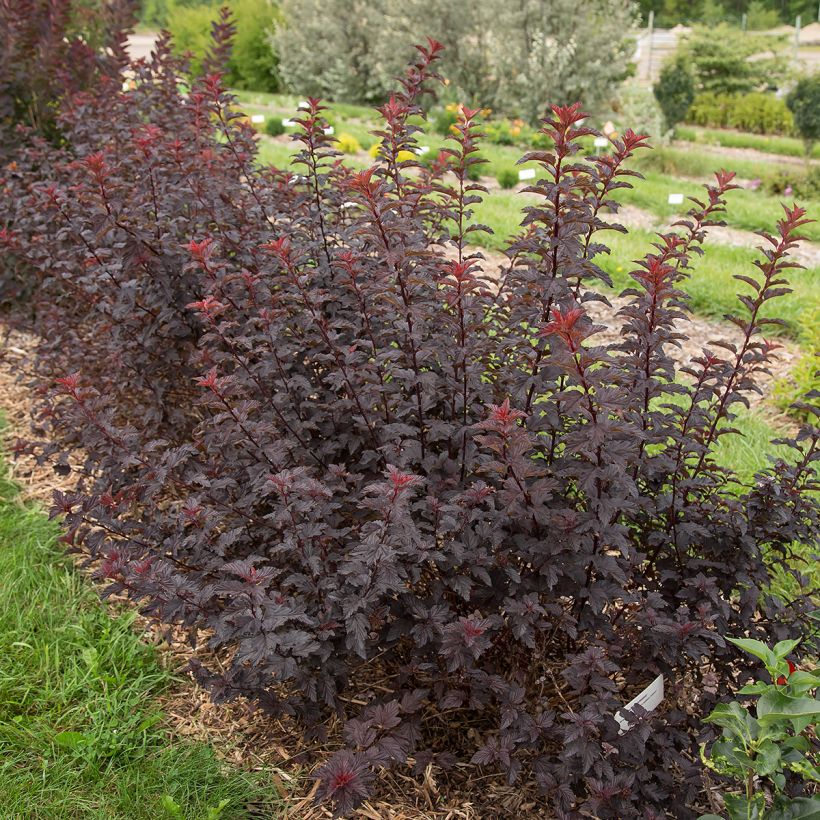

Plant habit
Flowering
Foliage
Botanical data
Physocarpus
opulifolius
Fireside 'UMN Harpell' First Editions®
Rosaceae
Ninebark, Eastern ninebark
Cultivar or hybrid
Other Physocarpus
View all →Planting and care
Plant Physocarpus opulifolius Fireside in deep, humus-bearing, rich and not too dry soil, preferably neutral to acidic. It fears excess limestone, long dry periods, and struggles in poor soils. Dig a hole 50 by 50 cm and add compost-enriched soil to the bottom, mixing it with the existing soil. Soak the root ball in a bucket of water for fifteen minutes (until no more bubbles rise to the surface), plant it in the hole, backfill, and then water thoroughly. Water regularly for the first two years, and during dry summers. Once well-rooted, this Physocarpus proves relatively resistant to water shortage (in not too hot climates, however).
This bush will thrive in partial shade or full sun, but the foliage colours will be more pronounced if planted in a sunny exposure. Thin out dense plants by severely pruning some of the arching stems after flowering. This can promote the emergence of new flower buds in late summer. Prune very short in spring, close to the stump, to give it a denser appearance.
Planting period
Intended location
Care
This item has not been reviewed yet - be the first to leave a review about it.
Similar products
Haven't found what you were looking for?
Hardiness is the lowest winter temperature a plant can endure without suffering serious damage or even dying. However, hardiness is affected by location (a sheltered area, such as a patio), protection (winter cover) and soil type (hardiness is improved by well-drained soil).

Photo Sharing Terms & Conditions
In order to encourage gardeners to interact and share their experiences, Promesse de fleurs offers various media enabling content to be uploaded onto its Site - in particular via the ‘Photo sharing’ module.
The User agrees to refrain from:
- Posting any content that is illegal, prejudicial, insulting, racist, inciteful to hatred, revisionist, contrary to public decency, that infringes on privacy or on the privacy rights of third parties, in particular the publicity rights of persons and goods, intellectual property rights, or the right to privacy.
- Submitting content on behalf of a third party;
- Impersonate the identity of a third party and/or publish any personal information about a third party;
In general, the User undertakes to refrain from any unethical behaviour.
All Content (in particular text, comments, files, images, photos, videos, creative works, etc.), which may be subject to property or intellectual property rights, image or other private rights, shall remain the property of the User, subject to the limited rights granted by the terms of the licence granted by Promesse de fleurs as stated below. Users are at liberty to publish or not to publish such Content on the Site, notably via the ‘Photo Sharing’ facility, and accept that this Content shall be made public and freely accessible, notably on the Internet.
Users further acknowledge, undertake to have ,and guarantee that they hold all necessary rights and permissions to publish such material on the Site, in particular with regard to the legislation in force pertaining to any privacy, property, intellectual property, image, or contractual rights, or rights of any other nature. By publishing such Content on the Site, Users acknowledge accepting full liability as publishers of the Content within the meaning of the law, and grant Promesse de fleurs, free of charge, an inclusive, worldwide licence for the said Content for the entire duration of its publication, including all reproduction, representation, up/downloading, displaying, performing, transmission, and storage rights.
Users also grant permission for their name to be linked to the Content and accept that this link may not always be made available.
By engaging in posting material, Users consent to their Content becoming automatically accessible on the Internet, in particular on other sites and/or blogs and/or web pages of the Promesse de fleurs site, including in particular social pages and the Promesse de fleurs catalogue.
Users may secure the removal of entrusted content free of charge by issuing a simple request via our contact form.
The flowering period indicated on our website applies to countries and regions located in USDA zone 8 (France, the United Kingdom, Ireland, the Netherlands, etc.)
It will vary according to where you live:
- In zones 9 to 10 (Italy, Spain, Greece, etc.), flowering will occur about 2 to 4 weeks earlier.
- In zones 6 to 7 (Germany, Poland, Slovenia, and lower mountainous regions), flowering will be delayed by 2 to 3 weeks.
- In zone 5 (Central Europe, Scandinavia), blooming will be delayed by 3 to 5 weeks.
In temperate climates, pruning of spring-flowering shrubs (forsythia, spireas, etc.) should be done just after flowering.
Pruning of summer-flowering shrubs (Indian Lilac, Perovskia, etc.) can be done in winter or spring.
In cold regions as well as with frost-sensitive plants, avoid pruning too early when severe frosts may still occur.
The planting period indicated on our website applies to countries and regions located in USDA zone 8 (France, United Kingdom, Ireland, Netherlands).
It will vary according to where you live:
- In Mediterranean zones (Marseille, Madrid, Milan, etc.), autumn and winter are the best planting periods.
- In continental zones (Strasbourg, Munich, Vienna, etc.), delay planting by 2 to 3 weeks in spring and bring it forward by 2 to 4 weeks in autumn.
- In mountainous regions (the Alps, Pyrenees, Carpathians, etc.), it is best to plant in late spring (May-June) or late summer (August-September).
The harvesting period indicated on our website applies to countries and regions in USDA zone 8 (France, England, Ireland, the Netherlands).
In colder areas (Scandinavia, Poland, Austria...) fruit and vegetable harvests are likely to be delayed by 3-4 weeks.
In warmer areas (Italy, Spain, Greece, etc.), harvesting will probably take place earlier, depending on weather conditions.
The sowing periods indicated on our website apply to countries and regions within USDA Zone 8 (France, UK, Ireland, Netherlands).
In colder areas (Scandinavia, Poland, Austria...), delay any outdoor sowing by 3-4 weeks, or sow under glass.
In warmer climes (Italy, Spain, Greece, etc.), bring outdoor sowing forward by a few weeks.






























